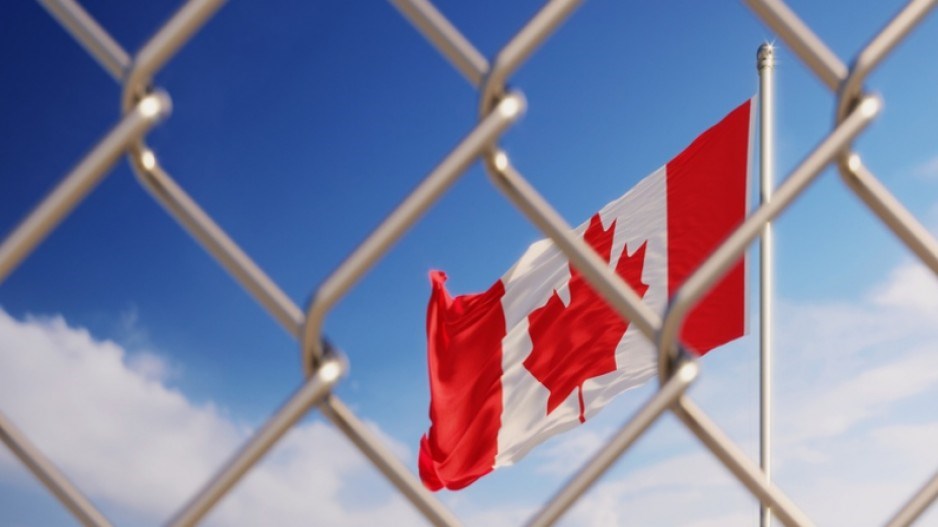Despite calls from rights groups for Canada to continue to accept overseas refugees from the U.S., Ottawa says resettlement work remains in limbo.
“Resettlement movements for overseas refugees have been temporarily suspended,” Immigration, Refugees and Citizenship Canada (IRCC) spokesperson Rémi Larivière said. “Canada’s main partners in administering refugee resettlement operations, the United Nations Refugee Agency and the International Organization for Migration, have temporarily suspended resettlement departures for refugees overseas.”
“The government of Canada’s guidance has been clear,” Larivière said. “It is unsafe for anyone to travel right now.”
Refugee and civil liberties organizations said April 2 that Canada should be letting third-country refugees from the U.S. into Canada despite the border being closed to help prevent the spread of COVID-19.
They said the right to seek asylum should not compromised during the global pandemic, that refugees have the legal right, under both Canadian and international law, to enter Canada to save their lives.
Indeed, B.C. Civil Liberties Association executive director Harsha Walia said barring refugees is not necessary to preserve public health.
“Refugees must be actively included in, not excluded from, our public health response,” she said. “Refugees have a right to safety, and the COVID-19 pandemic is a global one; we can’t displace the pandemic beyond our borders.”
However, Prime Minister Justin Trudeau has said anyone crossing into the country at the Canada-U.S. border on foot to claim asylum would be turned back. It was announced as just one measure included in the temporary border closure aimed at combating COVID-19’s spread.
Currently, refugees entering Canada from the U.S. to make an asylum claim will be sent back to the U.S., and vice versa.
The groups’ news release notes the majority of refugees are crossing at one entry point, ensuring “orderly processing into the refugee system, and fulsome application of public health measures.”
That entry point, confirmed Canadian Council for Refugees executive director Janet Dench, is in upstate New York, the state hit hardest by COVID-19 in the U.S.
On Friday, the state reported 102,863 confirmed cases, up from 92,381 on Thursday, New York City alone had 57,159 cases. That’s almost a quarter of the confirmed cases in the U.S.
And, Ottawa is remaining firm with the closed border policy – including for refugees.
“The health, safety and security of Canadians, Canadian permanent residents and their families is our top priority,” Larivière said.
Accordingly, only citizens, permanent residents and their family members are allowed to board flights to Canada or enter through the Canada-U.S. border.
“These measures are temporary and there are exemptions in place to safeguard the continuity of trade, commerce, health and food security for all Canadians,” Larivière said. “Temporary foreign workers in agriculture, agrifood, seafood processing and other key industries will be allowed to travel to Canada under exemptions being put in place to the air travel restrictions that took effect on March 18.”
Larivière said Ottawa continues to consider requests from the United Nations High Commission on Refugees to resettle individuals in urgent need of protection on a case-by-case basis.
“Canada is not denying claims and individuals will be permitted to return to Canada to pursue their asylum claim once these temporary measures have been lifted,” Larivière said.
Further, Larivière said, IRCC continues to accept and process applications despite the current travel restrictions.
“While the economies of other countries have slowed, immigration has helped grow the Canadian economy. It will continue to be critical to Canada’s success as we work to recover from the economic headwinds we are facing due to the coronavirus,” Larivière said. “The government of Canada will remain focused on welcoming highly skilled people who can help build a stronger country and ensuring Canada lives up to its international and humanitarian obligations.”
@jhainswo




